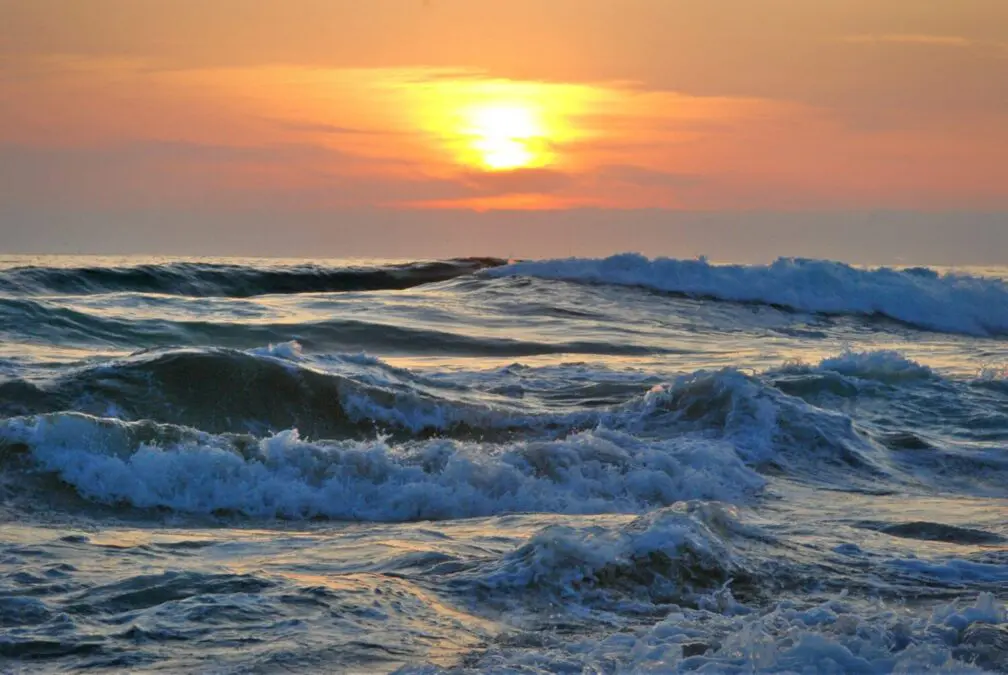It is not yet known whether they are of natural or artificial origin
Harvard professor Avi Loeb announced that he has completed his analysis of small spherical fragments of the space body IM1. The object crashed into the Pacific Ocean in 2014 and has since been claimed to be from another star system.
In April 2022, the US Space Command declassified a memo confirming the speculation. According to the Pentagon, IM1 most likely originated in interstellar space based on the speed at which it flew across the sky in January 2014 before crashing into the Pacific Ocean.
The survey collected 700 particles from the bottom in the collision region. Of these, 57 turned out to be from IM1.
The study focused on five of the tiny balls called “spherules.” They show “a compositional composition of elements never before seen in this ratio”.
IM1 was traveling at a speed of 60 kilometers per second before crashing into Earth. This is faster than 95% of all stars near the Sun. The object retained its integrity at an impact speed of 45 kilometers per second.
Its strength is greater than all 272 space rocks documented by NASA in the CNEOS meteor catalog. The strength is higher than all known iron meteorites.
Avi Loeb: “The extracted spherules are analyzed by the best instruments in the world within four laboratories at: Harvard University, the University of California at Berkeley, the Bruker Corporation and the University of Technology in Papua New Guinea – whose vice chancellor signed a memorandum of understanding with Harvard University to partnership in expeditionary research,” states Loeb.
The S21 spherule has a higher content of beryllium (Be), lanthanum (La) and uranium (U), relative to the standard composition of objects in the Solar System. It is the ratio of the elements that is the greatest evidence for the alien origin of IM1.
Loeb says he still doesn’t know if the object is natural or man-made, only that it came from another star system. Loeb’s discovery has yet to be confirmed by independent experts.
Illustrative Photo by Sascha Thiele: https://www.pexels.com/photo/ocean-water-during-yellow-sunset-747016/







